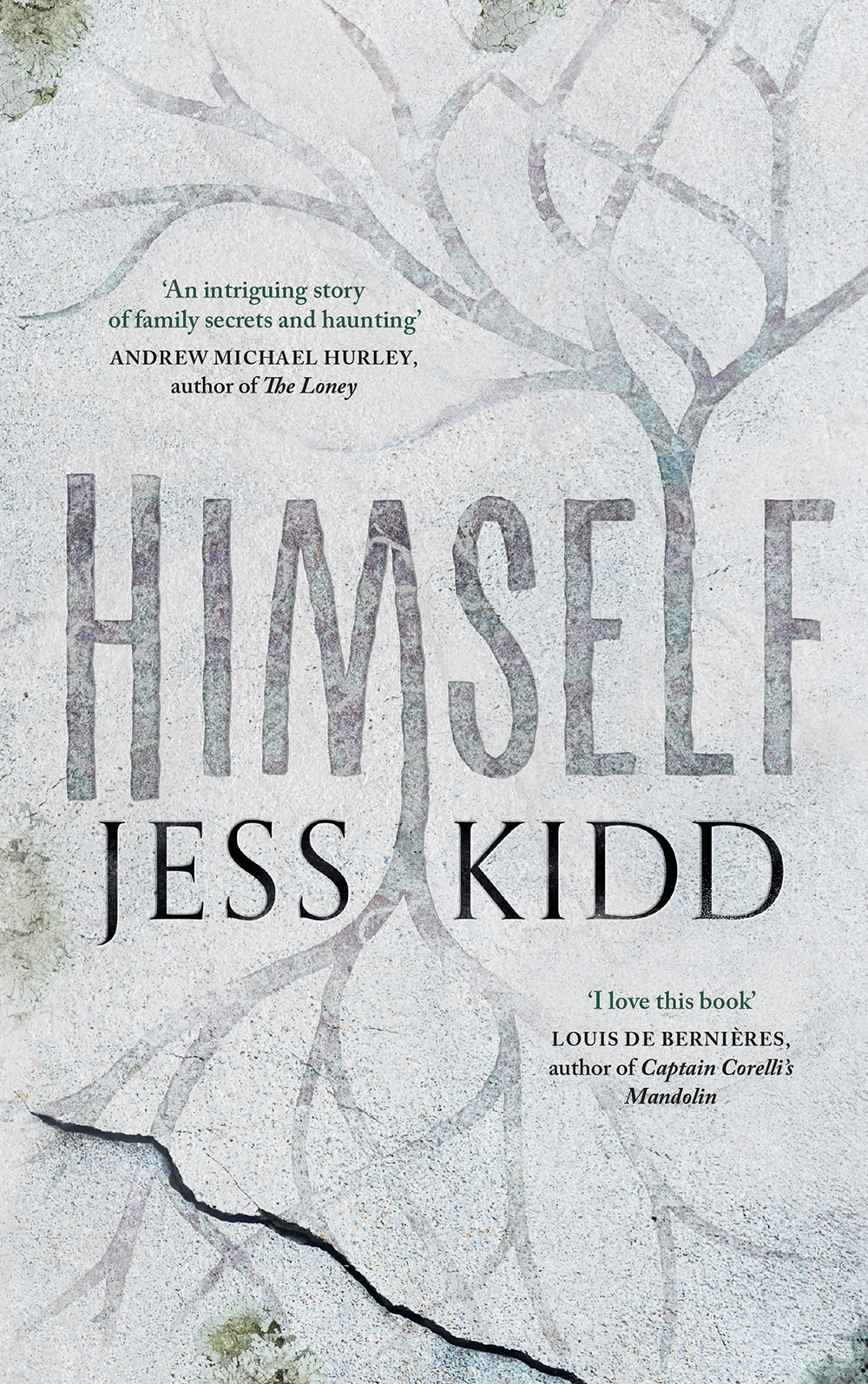Jess Kidd on why she writes cross-genre fiction, and the attraction of transcending writing boundaries to create fantastical stories.

Himself started with a challenge I set myself, to get down on paper the twisted Irish village that had been haunting my imagination for years. It was place like no other, full of charm and magic and malevolence, dark and twisted, with secrets just clamouring to be solved. In the resulting book you’ll find a jumble of elements –Gothic, romance, comedy, a hint of the tall tale. But two main strains run through it: magic realism and mystery. Both conventions came with a route map of sorts, certain themes, tropes and reader expectations (here lies the terror and joy of cross-genre writing: when to meet, deny, or subvert reader expectations to create a satisfying read). I could combine these ways of telling a story, even if they were heading in different directions, to arrive at a new kind of destination – the village that had long been brewing in my mind. That was the plan.
Magic realism slinks into most of my stories. I set out to write about the real world and something supernatural happens. I find it hard not to deviate from the path of die-hard realism. But then, unlike fantasy, magic realism doesn't try to escape reality, for this fiction is rooted in the real world. It seeks to represent reality in all its complexity: to depict truths odder than fictions. The ‘magic’ in magic realism is often remarkably grounded, with roots in folklore and myth and storytelling – the stuff that sews communities together and weaves a sense of place. But then there’s a lovely anarchy in the way magic realism pulls the rug out from under the commonplace. To a degree, anything could and should happen in a magic realist story and still feel inherently logical and true to that world. It’s a mashed-up mode that breaks down boundaries and blurs divisions. Perfect for writers with cross-genre tendencies.

But I soon found out that splicing magic realism and mystery results in a strange pair of bedfellows. Mystery tales love cause and effect and satisfying denouements. Magic realism deflects hard and fast explanations; things just happen, ends stay happily untied. A cross-genre novel can offer tension and contrast, but sometimes this felt like managing a dysfunctional marriage, all conflicting trajectories and irreconcilable standpoints.
Perhaps for reassurance, I turned to the work of writers who plunder and cross and mix influences to create stories that are difficult to pigeonhole. James Stephens’s The Crock of Gold is an experimental novel blending fantasy, social commentary and philosophical speculation. Scratch the otherworldly surface and there’s a real world of need. Poverty is an old woman lamenting her lack of a cup of tea and the holes in her boots. Creatures at different stages of bewilderment and enlightenment abound. Nature is magical and all animals are not created equal. Dogs ‘are a most intelligent race of people’ whilst fish are ‘a dirty, sly, and unintelligent people.’ Fable and folklore gives rise to another way of seeing things. Otherworldly spirits deride the intellectual authority of doctors, priests and professors.
Stephens, like other Irish writers, turned to the past for inspiration, to Irish myths and legends. But in true cross-genre spirit Stephens was not averse to importing mythological characters for his purposes. Pan is by no means Irish but still he has a role to play in the book. Stephens wrote during a time of political upheaval in a radically changing Ireland. Like many magic realist writers, he tapped into oral traditions when realism failed to communicate what he wanted to say. Magic realism flies in the face of clear-cut certainties, of any one, unwavering, viewpoint. It blurs delineations between truth and fiction, throwing both into relief.
Stephens influenced Flann O’Brien, who also drew on and satirised Irish mythology in At Swim-Two-Birds. Here the otherworldly irrupts into the shabby reality of a nameless student narrator who is writing a book about a man writing a book. Fictional worlds appear and collide, opening doors to figures from folklore and myth – Finn Mac Cool, Mad King Sweeney, Pooka – along with paperback Wild West cowboys. Clashing elements create chaos, satire and above all humour. Anything goes: lyricism, legend, pub tales, parody and pastiche – apart from dyed-in-the-wool certainties.
In the books I love reality and magic co-exist, cheek by jowl, as was the case in the stories I heard growing up. These were stories that dipped their roots in myth and magic, even when they told of real times and situations. Realising this gave me the confidence to continue to corral the bickering factions of my own growing novel. As I wrote I could almost hear my mother embark on some convoluted, utterly unlikely, real tale. Now and then she would even throw in a drop of mystery into the mix – an anonymous letter, a lost child, a big secret…
Jess Kid completed her first degree in Literature with The Open University, and has since taught creative writing and gained a PhD in Creative Writing Studies. She has also worked as a support worker specialising in acquired brain injury.
Jess was brought up in London as part of a large family from Mayo, and plans to settle somewhere along the west coast of Ireland in the next few years. Until then, she lives in London with her daughter.
Jess' debut novel, Himself, was published by Canongate in October 2016. Her second novel will hit the shelves in 2018.
Comments